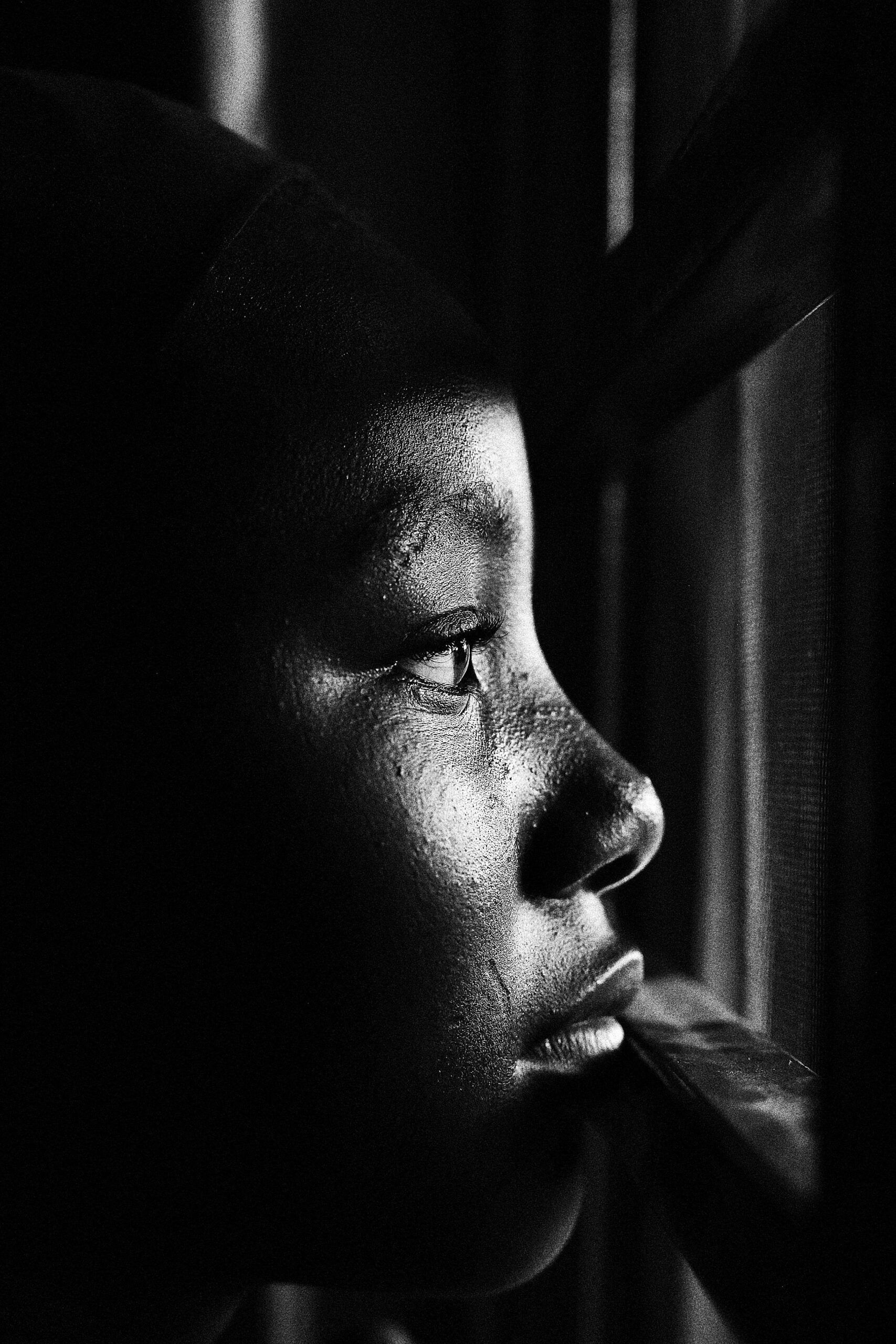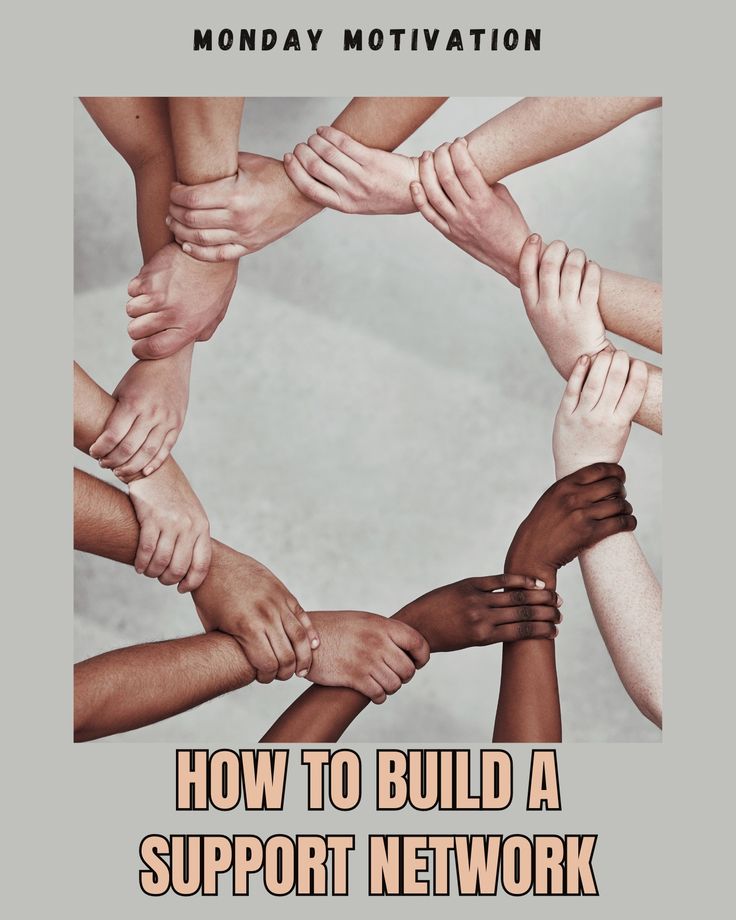They say the African home is where discipline meets love. But sometimes it is also where silence is mistaken for respect and obedience is confused with peace. For many youths, finding a voice inside those walls feels like trying to whistle in a thunderstorm. Your sound gets swallowed before it even starts.
Growing up in a household that runs on hierarchy, tradition and unspoken rules can make expression feel like rebellion. The idea of having an opinion often clashes with the sacred commandment of “don’t talk back.” You learn to smile when you want to speak, nod when you want to protest and apologize even when you are right. Because in many African homes authority is not to be questioned only obeyed.
There is another layer to it too. Many African parents proudly say, “I talk to my children about everything. They tell me everything. We are best friends.” It sounds beautiful on the surface until you realize the friendship only exists within the limits of what they are comfortable hearing. The conversation always moves in one direction. The parent leads, the child follows. What is discussed is what the parent allows. The moment the child drifts into uncomfortable territory like emotions, mistakes or different opinions the tone shifts. The warmth disappears and authority takes over. You realize the flow of the conversation was never free, it was curated.
So you learn the rhythm. You speak only about school, church or safe jokes from social media. You censor your real thoughts before they even leave your lips. You become fluent in silence. Parents tell others how open their homes are, how their children confide in them, how they are best friends yet their children sit in the same living room rehearsing answers like politicians preparing for a debate.
The conversations are familiar. You are told to “speak up” at school but to “know your place” at home. To be confident outside but humble inside. To express yourself but not too much. It is a tug of war between wanting to be understood and fearing to be labelled disrespectful. Sometimes it feels like you are living in two worlds that do not speak the same language. One that celebrates your opinions and another that punishes them.
And in this constant back and forth growth becomes complicated. When you begin to think differently it is called pride. When you choose independence it is called defiance. Growth is rarely seen for what it is. It is mistaken for rebellion simply because it does not look like obedience. You are told to grow but only within the limits they draw. You are free to become someone new only when that newness fits within their comfort. Your maturity is valid only when it is convenient. Your voice is respected only when it agrees.
Even silence is not safe. Stay quiet and you are accused of being rude. Speak and you are accused of being arrogant. There is no winning. Every tone is a risk, every word a test, every pause an interpretation. Sometimes you choose silence to avoid a storm but the storm still finds you. It is exhausting trying to exist between wanting peace and needing to be heard.
Then comes the irony of trying to open a real conversation. You build the courage to explain how you feel. You speak with honesty and calm only to hear the familiar line, “You are still a child.” The phrase ends everything. Your reasoning evaporates, your voice loses weight, and the wall between generations grows taller. It does not matter that you are an adult now. In that moment you are still the child they once scolded for answering back. Growth is acknowledged only when it fits the script the parent wrote.
But here is the deeper truth. The older generation was raised to equate obedience with character. They survived by following rules, by hiding emotion, by respecting authority without question. They saw silence as discipline and correction as love. Our generation was born in a world that values expression, conversation and understanding. We crave dialogue not domination. We want to question because we care, not because we reject. We are not rebels, we are learners trying to breathe in a home that confuses curiosity for disobedience.
This is the heart of the generational conflict. They see growth as deviation, we see it as discovery. They think we are losing our roots, we are simply stretching them further. The world we live in is louder, faster and more exposed. We are not trying to abandon our culture, we are trying to translate it to survive in the present.
So how do you find your voice in a home that only listens to authority? You start by understanding that speaking up does not always mean speaking loud. Sometimes it is choosing calm over compliance. It is saying what you feel with respect but without shrinking. It is refusing to lose yourself just to keep peace that is not real.
Finding your voice in an African home is not about shouting to be heard. It is about daring to exist as you are even when tradition tells you to fit into a mold. It is about learning that love and respect can coexist with freedom and opinion. It is about unlearning fear one conversation at a time.
When that voice finally finds its rhythm it is not just yours. It becomes the sound of a generation trying to breathe between the past and the future. A generation that still loves its roots but also wants to grow beyond them.
Because the truth is, the African home is evolving. The same voices once silenced are now starting to shape culture, challenge norms and redefine respect. Maybe our parents did not mean to cage us. Maybe they just did not know another way to keep us safe. But now it is our turn to show that voice and respect are not enemies. They are family.



